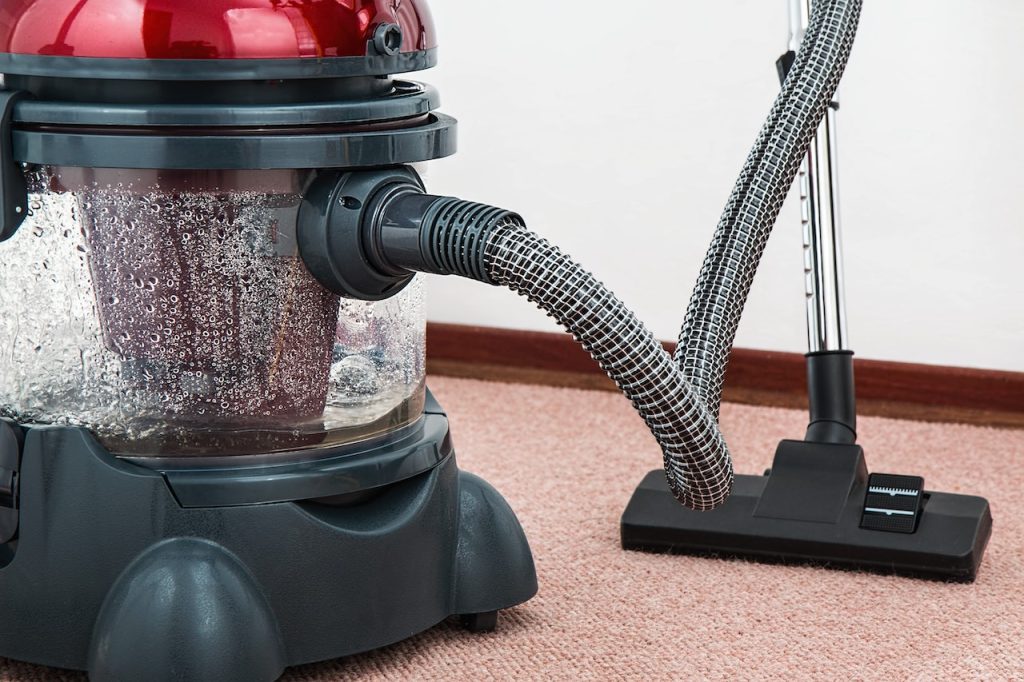Did one of your employees casually walk into the snack room and leave covered in hives? Allergies at work are a consideration you shouldn’t overlook. Thankfully, with a little background information and by taking some extra precautions, you can keep your employees safe and healthy while they’re on the clock. Let’s talk about how to manage allergies at work and how you can avoid any health scares or mishaps!
Allergies at Work: Is This Really Your Responsibility?
“I can’t control what my employees eat!” you might be thinking, and that makes sense. Managing allergies at work isn’t about controlling what they eat or stopping them from consuming allergens. It’s about making sure they have the information they need to make informed decisions — so they’re capable of avoiding an allergic reaction on their own. This is part of being a good leader. Plus, remember that as the owner of the business, your employees’ sick days cost you money. Keeping them safe and healthy is in everyone’s best interest.
Preferably, if an employee has a serious allergy, they should notify you as soon as possible. This is because serious allergic reactions can lead to anaphylaxis, which can potentially be life-threatening. Some employers will make accommodations, in more extreme cases like this. For instance, that employee might get their own separate refrigerator. Or, coworkers might be required to disclose the ingredients in any food they bring into the property. (More on this in a moment!)

Should they suffer an allergic reaction, workers’ compensation might cover the medical care they require. It’s important to speak to your company’s healthcare provider — and better yet, a lawyer — to fully understand how workers’ compensation plays a role in these types of scenarios. Also, educate your team so that they understand how their health insurance may or may not help them in the event of an allergic reaction.
What Else Can You Do to Protect Your Employees from Allergies at Work?
There are little things you and your staff can do to help keep allergic reactions at bay.
- Group any food items together that have major food allergens — like granola bars that contain nuts. Put a small sign next to them.
- Require any food brought in to be in sealed, airtight containers. Tell your team to take their food home at the end of every shift, or it will be disposed of.
- Consider keeping separate utensils, soap, sponges, and even coffee machines that are “allergen-free,” to avoid any cross-contamination.
- Educate your team members on the signs of an allergic reaction and how to respond. Teach them how to provide basic first aid.
- If you keep an epinephrine autoinjector onsite, ensure everyone knows where it is and how to use it.
- With the employee’s permission, place signage in the kitchen area with their allergens.
- Remind your staff to clean up after themselves using disinfectant. Wipe down all surfaces, throw trash and wrappers away, and take out the garbage before it’s overflowing.
Other Types of Allergens
Bear in mind that food and ingredients aren’t the only allergens. People can also be allergic to certain types of materials, dust, and pet fur/dander. Here are a few helpful tips for keeping non-food allergens under control in the workplace.
- Be sure that your ventilation system uses HEPA-certified filters. Change them regularly so that the ventilation can continue running optimally and won’t release dangerous particles back into the air you’re breathing.
- Use a freestanding air purifier. Look for one that has multiple layers of defense — especially a medical-grade HEPA 13 filter. Many of these devices monitor the air quality in real-time, so they know when to turn on. Your purifier should also notify you when it’s time to change the filter. Use replaceable filters, not washable ones! Washable filters are actually very hard to get clean and end up exposing you to the dangerous particles they trapped.
- Have the office cleaned regularly. This means dusting, sweeping, vacuuming, and mopping. If someone in the office has a severe dust allergy, consider doing this weekly. The vacuum should use a HEPA-certified bag. Try to stick with products that aren’t made with fragrances and other potentially triggering ingredients.
- Similarly, you can request that your employees avoid wearing any heavily scented body products, long strong perfume or cologne.
- Check your local air quality on AirNow.gov. If the quality is poor, keep the windows and doors closed as much as you can. This might especially be the case if you live in a high-traffic area or somewhere prone to wildfires. It might also be more applicable when the pollen count is higher.
- If you have any employees that smoke, have a designated area outside and away from the building.
- Ensure proper ventilation, particularly in areas that are prone to dampness. This is the perfect environment for mold to thrive in. Not only can mold trigger an allergic reaction, but it can also lead to mold sickness — which is a threat to everyone, whether they have allergies or not.

The Bottom Line
Essentially, as the employer, you should provide any reasonable accommodations that are necessary in order for that employee to do their job safely and efficiently.
Communication is Key
I’d like to leave you with this. One of the best things you can do as the leader of your company is to keep an open line of communication. If you haven’t already spoken to your team about their allergies, do so now! Understand what types of accommodations they might need, and act swiftly and accordingly. Finally, ensure that the rest of the team is aware of any allergies, what they can do to help prevent allergic reactions, and what they should do in the event that a reaction does occur.













